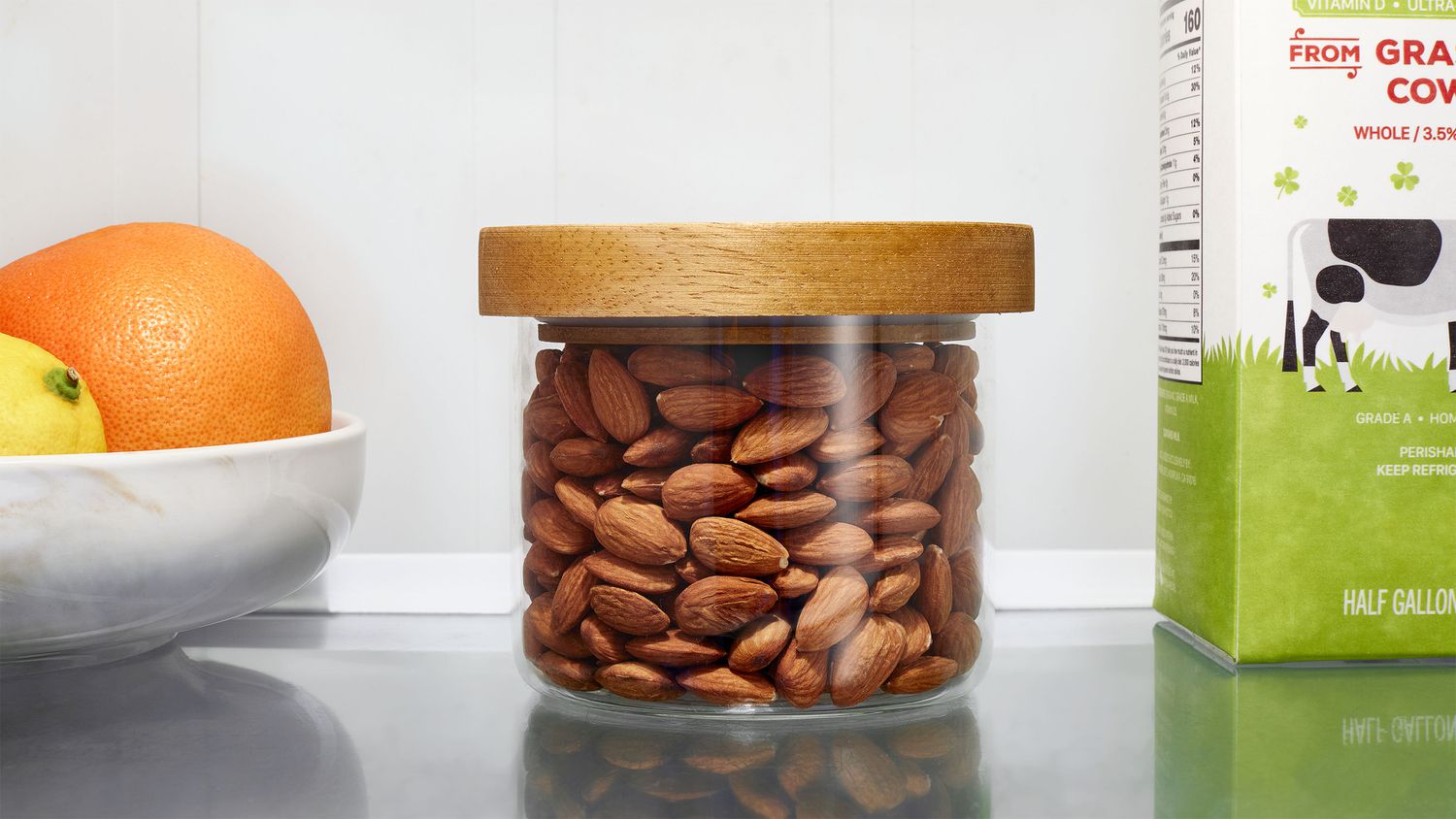

Articles
How To Store Almonds Long Term
Modified: January 6, 2024
Learn how to store almonds long term with these helpful articles. Find out the best methods for preserving freshness and maximizing shelf life.
(Many of the links in this article redirect to a specific reviewed product. Your purchase of these products through affiliate links helps to generate commission for Storables.com, at no extra cost. Learn more)
Introduction
Almonds are not only delicious and nutritious, but they also have a long shelf life, making them an excellent choice for long-term storage. Whether you have an abundance of almonds from a summer harvest or simply want to stock up on this versatile nut for future use, proper storage is crucial to maintain their freshness and quality.
In this article, we will explore the various methods of storing almonds for the long term. We will discuss the importance of proper packaging, as well as the best practices for storing almonds in the pantry, refrigerator, and freezer. Additionally, we will provide some tips and tricks to help you maintain the freshness and flavor of your almonds throughout their storage period.
So, if you’re ready to learn how to store almonds and keep them delicious for months or even years to come, read on!
Key Takeaways:
- Proper packaging is essential for long-term almond storage. Choose airtight containers, avoid clear packaging, and label with the date of packaging to maintain freshness and flavor.
- Storing almonds in a cool, dry environment is crucial. Whether in the pantry, refrigerator, or freezer, proper rotation and inspection for spoilage are key to preserving almond quality.
Read more: How To Store Almond Flour Long Term
Proper Packaging for Long-Term Storage
When it comes to storing almonds for an extended period, proper packaging is key. The right packaging materials will help protect the almonds from moisture, air, and temperature fluctuations, ensuring their longevity and quality. Here are some guidelines to follow for proper packaging:
- Choose airtight containers: Opt for containers that provide a tight seal to prevent air from entering. This will help maintain the freshness and flavor of the almonds over time. Plastic or glass containers with screw-top lids or snap-on covers are excellent options.
- Use food-grade bags: If you prefer to package your almonds in bags, make sure to choose food-grade, resealable bags. These bags are designed to keep food fresh and are often made from materials that provide a barrier against moisture and air.
- Avoid clear containers: Whenever possible, choose containers that are opaque or have dark colors. This helps to block out light, which can degrade the quality of the almonds and lead to rancidity over time.
- Label your containers: Don’t forget to label your almond containers with the date of packaging. This will help you keep track of their freshness and ensure you rotate your supply accordingly.
- Keep packaging materials clean: Make sure the containers or bags you use are clean and free from any residue or contaminants. This will help prevent any unwanted flavors or odors from affecting the almonds during storage.
By following these packaging guidelines, you can help ensure that your almonds remain fresh, flavorful, and in optimal condition for an extended period of time.
Storing Almonds in the Pantry
The pantry can be a convenient and accessible place to store your almonds for the long term. However, it’s important to take certain precautions to maintain their freshness and prevent spoilage. Here’s what you need to know about storing almonds in the pantry:
- Choose a cool, dry location: Almonds tend to fare best in cool and dry environments. Find a spot in your pantry that is away from direct sunlight, heat sources, and excess moisture. This will help prevent the nuts from becoming rancid or developing mold.
- Keep them airtight: As mentioned earlier, using airtight containers or resealable bags is crucial to protect the almonds from air exposure. Make sure to remove as much air as possible before sealing the containers or bags to maximize freshness.
- Separate from strong odors: Almonds can absorb strong smells from other foods, so it’s best to store them separately in airtight containers. This will help preserve their natural aroma and flavor.
- Rotate your supply: If you plan to store almonds in your pantry for an extended period, it’s essential to practice proper rotation. Consume the oldest nuts first and replenish your supply with freshly purchased ones. This way, you can ensure that you always have a batch of fresh almonds on hand.
By following these guidelines, you can safely store your almonds in the pantry for months, if not longer. Just be sure to periodically check the almonds for any signs of spoilage or rancidity and discard any nuts that are discolored, have an off smell, or taste bitter.
Storing Almonds in the Refrigerator
If you live in a warmer climate or simply want to extend the shelf life of your almonds even further, storing them in the refrigerator can be a great option. However, it’s essential to take the right precautions to ensure the almonds remain fresh and free from moisture. Here’s how to store almonds in the refrigerator:
- Transfer to airtight containers: Remove the almonds from their original packaging and transfer them to airtight containers or resealable bags. This will help protect them from moisture, odors, and potential cross-contamination in the refrigerator.
- Choose a cool spot: Place the almonds in the coolest part of your refrigerator, such as the lower shelves or the vegetable drawer. The temperature in these areas tends to be more stable, preventing the almonds from being exposed to excess heat or fluctuations.
- Keep away from moisture sources: It’s crucial to store almonds away from any sources of moisture in the refrigerator, such as fruits or vegetables with high water content. Moisture can accelerate spoilage and lead to mold growth, compromising the quality of the almonds.
- Monitor temperature and expiration dates: Regularly check the temperature of your refrigerator to ensure it remains within the optimal range of 32-40°F (0-4°C). Additionally, take note of the expiration dates of the almonds and consume them before they go bad.
By following these guidelines, you can successfully store your almonds in the refrigerator for up to several months. However, it’s important to note that refrigeration may cause some slight changes in the texture and taste of the almonds. They may become slightly softer or lose some of their natural crunch, but they will still be safe to consume.
Note: If you choose to store almonds in the refrigerator, it’s recommended to bring them back to room temperature before consuming to fully enjoy their flavor and texture.
Store almonds long term by keeping them in an airtight container in a cool, dark place, such as the pantry or refrigerator. This will help prevent them from becoming rancid and maintain their freshness for an extended period.
Storing Almonds in the Freezer
When it comes to long-term storage, the freezer is your best friend. Freezing almonds can significantly extend their shelf life, allowing you to enjoy their freshness and quality for up to a year or more. Here’s how to store almonds in the freezer:
- Transfer to airtight containers: Similar to storing almonds in the pantry or refrigerator, it’s important to transfer them to airtight containers or resealable freezer bags. This will help protect the almonds from freezer burn and maintain their flavor.
- Remove as much air as possible: When packaging the almonds for freezing, be sure to remove as much air as possible from the containers or bags. Leaving excess air can contribute to freezer burn and compromise the quality of the almonds.
- Label and date the packaging: To keep track of the storage time, it’s essential to label the containers or bags with the date of freezing. This will help you rotate your supply and consume the oldest almonds first.
- Store in the coldest part of the freezer: Place the almonds in the coldest section of your freezer, such as the back or the bottom shelf. The colder the temperature, the better the almonds will retain their freshness and flavor.
- Thawing before use: When you’re ready to use the frozen almonds, remove the desired amount from the freezer and let them thaw in the refrigerator overnight. Thawing them slowly in the fridge will help maintain their texture and quality.
By following these guidelines, you can store almonds in the freezer for an extended period without compromising their taste or nutritional value. However, keep in mind that freezing can cause a slight change in the texture of the almonds, making them a bit softer. Nevertheless, they will still be perfect for baking, cooking, or enjoying as a snack.
Note: It’s important to avoid repeated thawing and refreezing of almonds, as it can affect their quality. Try to portion the almonds into smaller quantities to minimize the need for refreezing.
Read more: How To Store Almonds
Tips for Maintaining Almond Freshness
Proper storage is essential for maintaining the freshness and quality of almonds. To ensure that your almonds remain delicious and flavorful throughout their storage period, consider these helpful tips:
- Buy in small quantities: If you don’t have immediate plans to use a large quantity of almonds, it’s best to purchase them in smaller quantities. This way, you can minimize the storage time and ensure you always have fresh almonds on hand.
- Store in a cool environment: Almonds are sensitive to heat, which can cause them to turn rancid quickly. It’s important to store almonds in a cool environment away from direct sunlight or heat sources. This will help prolong their freshness and prevent them from spoiling.
- Keep away from moisture: Moisture can lead to mold growth and spoilage. To prevent this, make sure your almonds are stored in a dry environment with low humidity. Avoid storing them near the sink or in the bathroom, where moisture levels tend to be higher.
- Avoid exposure to light: Light can cause almonds to become discolored and develop an off taste. To preserve their quality, store almonds in opaque or dark-colored containers that block out light. Avoid storing them in clear plastic bags or containers.
- Rotate your supply: To ensure that you always have fresh almonds, practice proper rotation. Consume the older almonds first and replenish your supply with newly purchased ones. This way, you can avoid the risk of storing almonds for too long.
- Check for signs of spoilage: Regularly inspect your almonds for any signs of mold, discoloration, or off smells. If you notice any abnormalities, discard the affected almonds immediately to prevent the spoilage from spreading to the rest of your supply.
- Avoid crushing or cracking: Handle almonds with care to avoid crushing or cracking them. Damaged almonds can spoil faster and may affect the quality of the whole batch. Store them in a manner that prevents any physical damage.
By following these tips, you can ensure that your almonds remain fresh, flavorful, and ready for use. Whether you store them in the pantry, refrigerator, or freezer, proper storage practices will help preserve the quality of your almonds for an extended period.
Conclusion
Storing almonds for the long term is a great way to ensure that you always have this nutritious and versatile nut on hand. Proper packaging and storage techniques are crucial to maintaining their freshness, flavor, and quality over an extended period of time.
Whether you choose to store almonds in the pantry, refrigerator, or freezer, there are key considerations to keep in mind. Airtight containers, cool temperatures, and protection from moisture, light, and strong odors are important factors in preserving the almonds. Additionally, practicing proper rotation and regularly inspecting for signs of spoilage will help you maintain the freshness and quality of your almonds.
Remember, the pantry is suitable for short-to-medium-term storage, while the refrigerator and freezer offer longer-term options. Freezing almonds can extend their shelf life for up to a year or more, allowing you to enjoy their delicious taste and nutritional benefits for an extended period.
By following the tips and guidelines outlined in this article, you can confidently store almonds for the long term and have a reliable supply readily available for your culinary adventures or snacking needs.
So, whether you’re a devoted almond lover or simply want to keep a stockpile for future use, proper storage techniques will help you maintain the freshness and quality of your almonds, ensuring a delightful almond experience every time!
Frequently Asked Questions about How To Store Almonds Long Term
Was this page helpful?
At Storables.com, we guarantee accurate and reliable information. Our content, validated by Expert Board Contributors, is crafted following stringent Editorial Policies. We're committed to providing you with well-researched, expert-backed insights for all your informational needs.
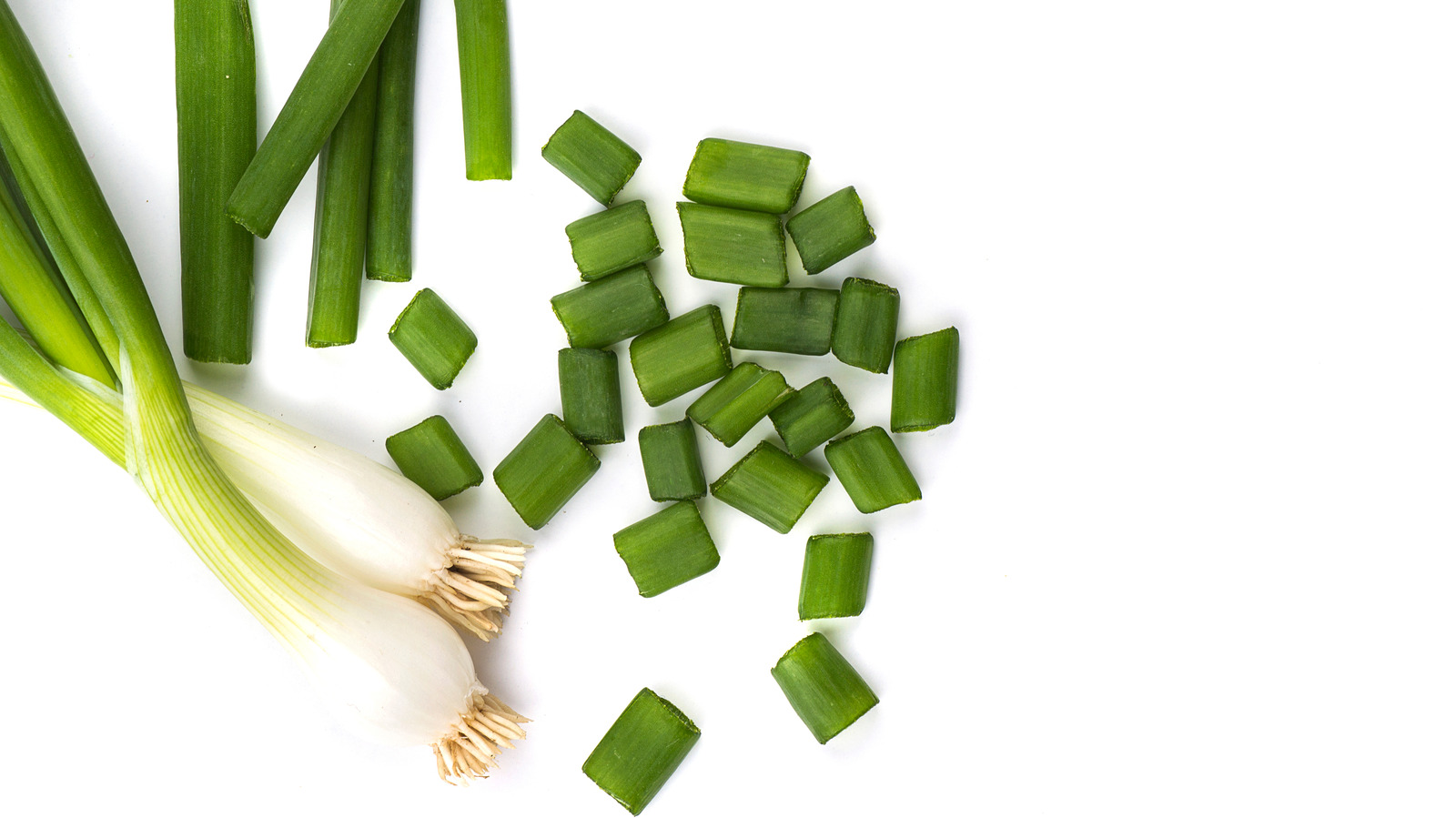
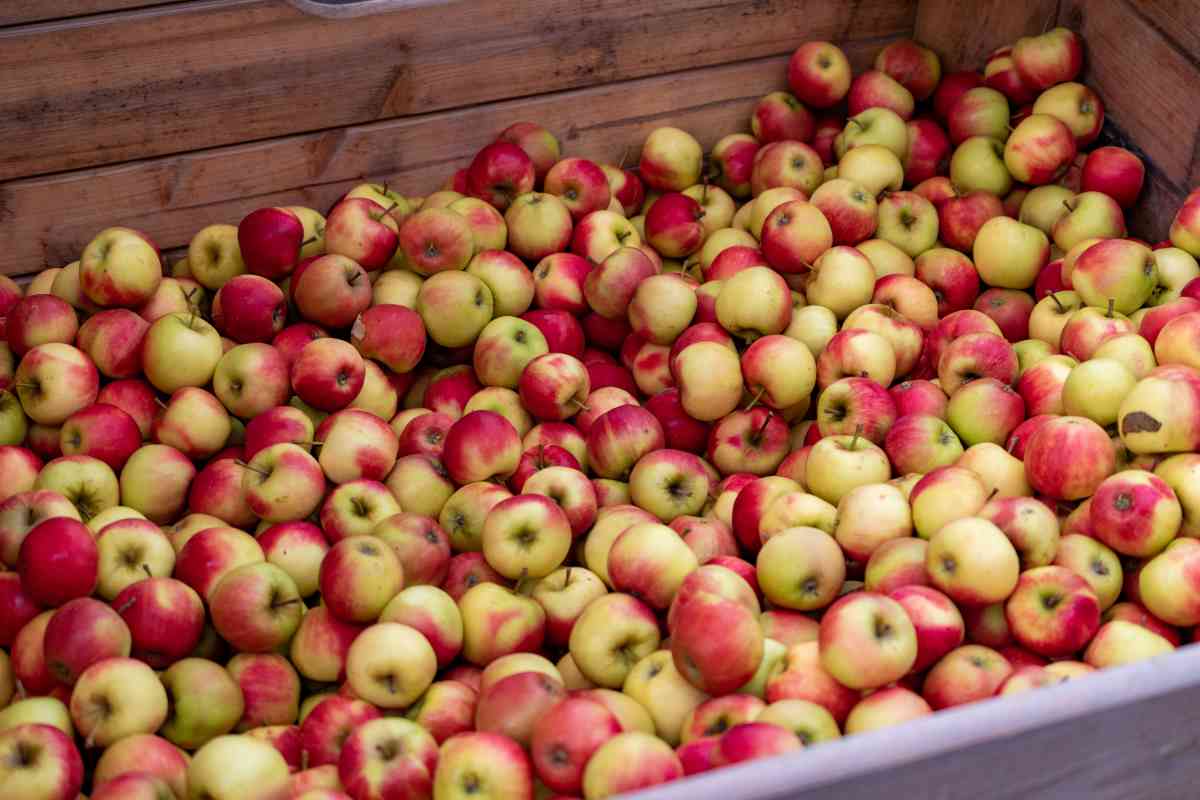
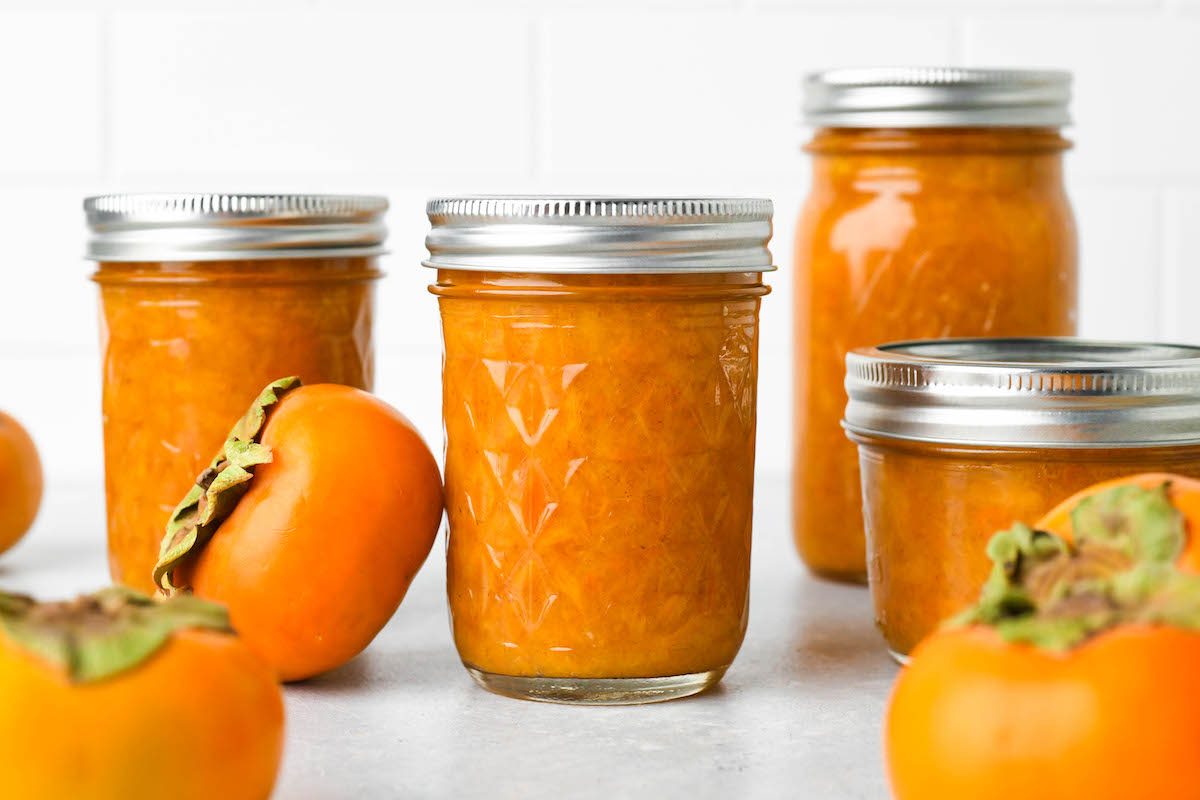

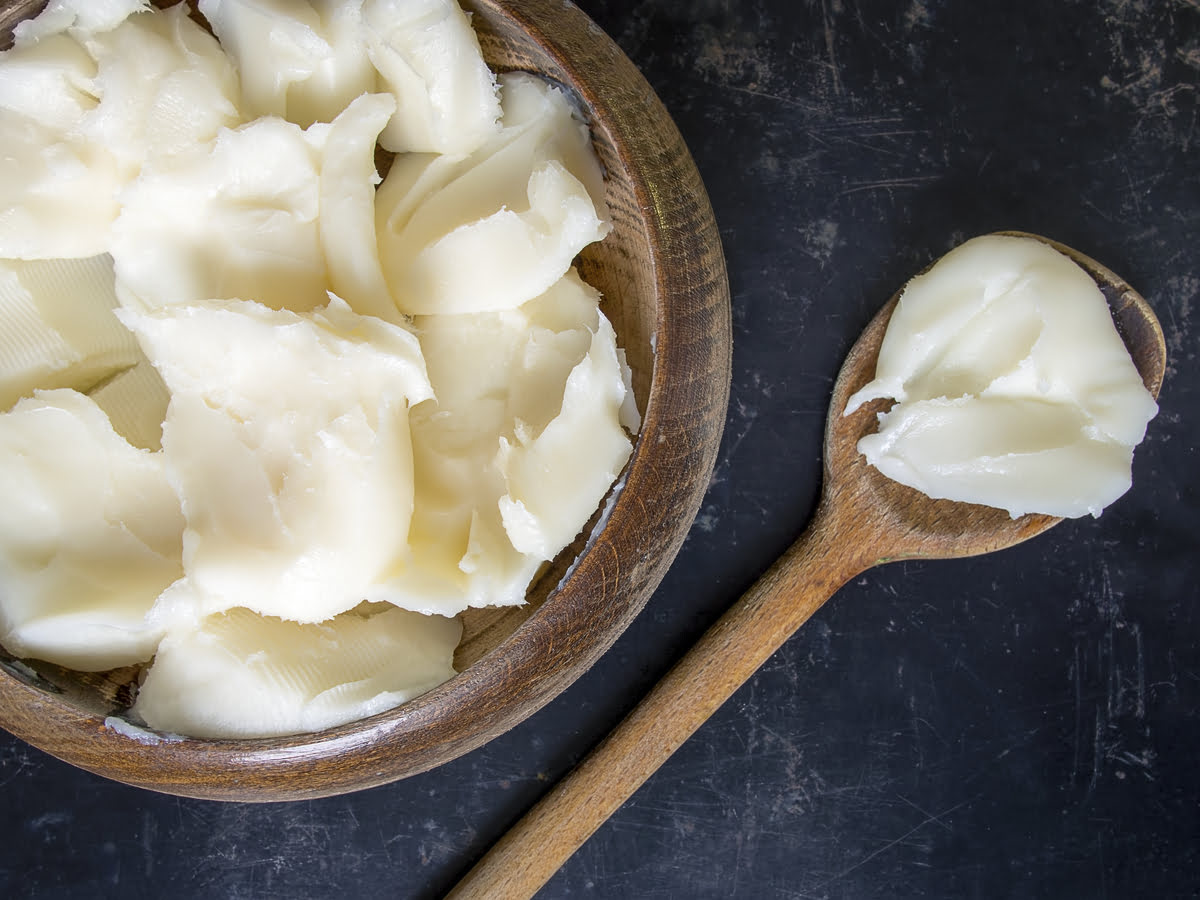
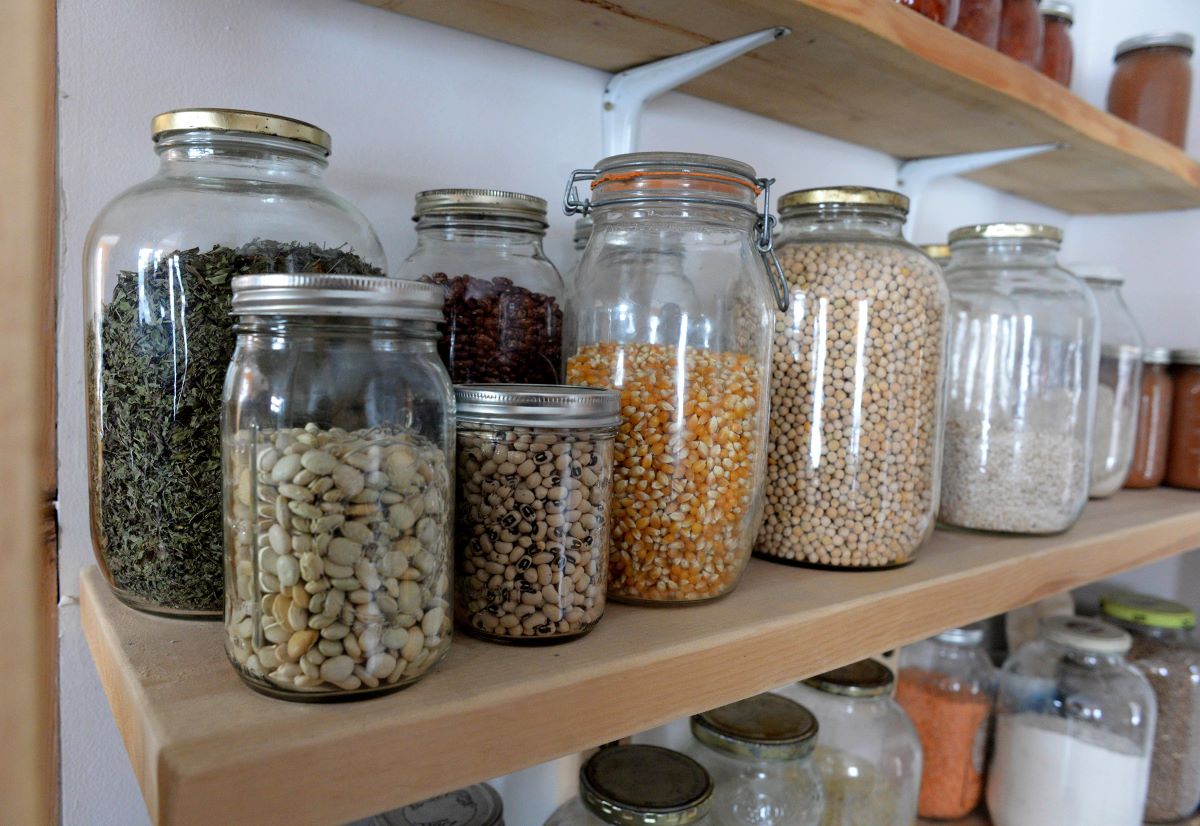





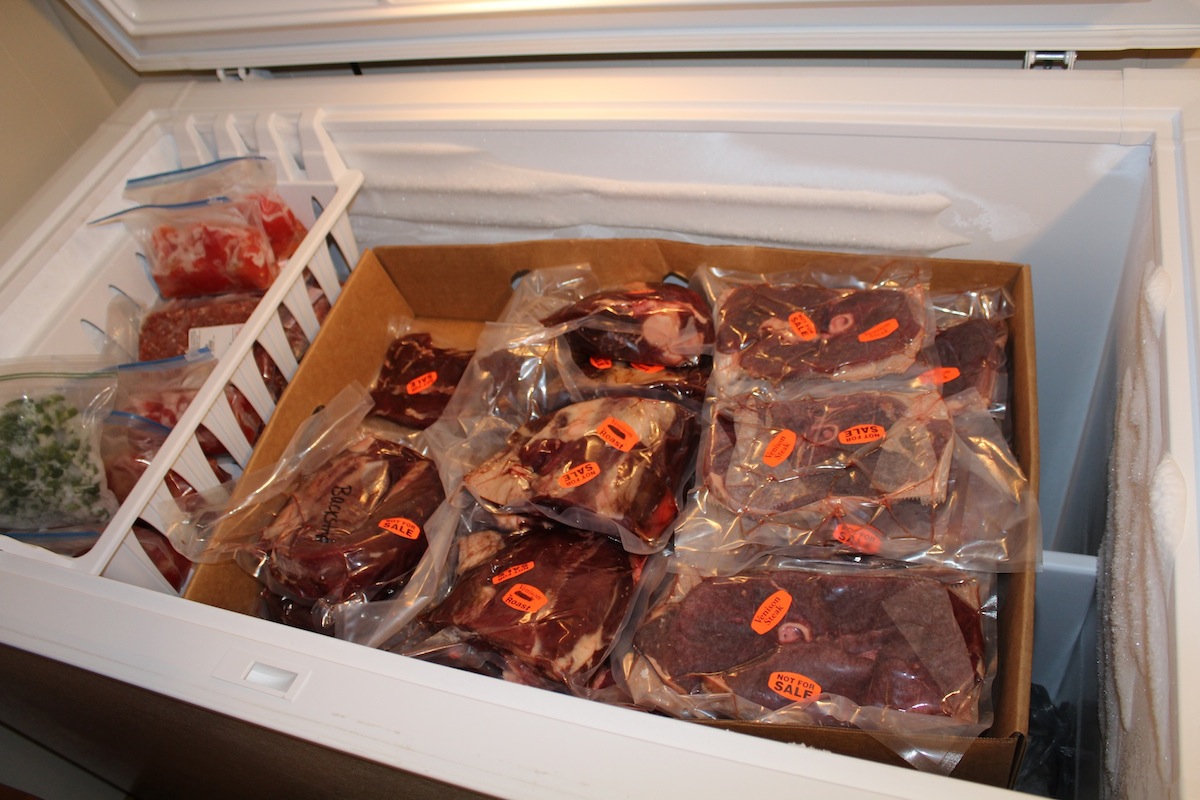

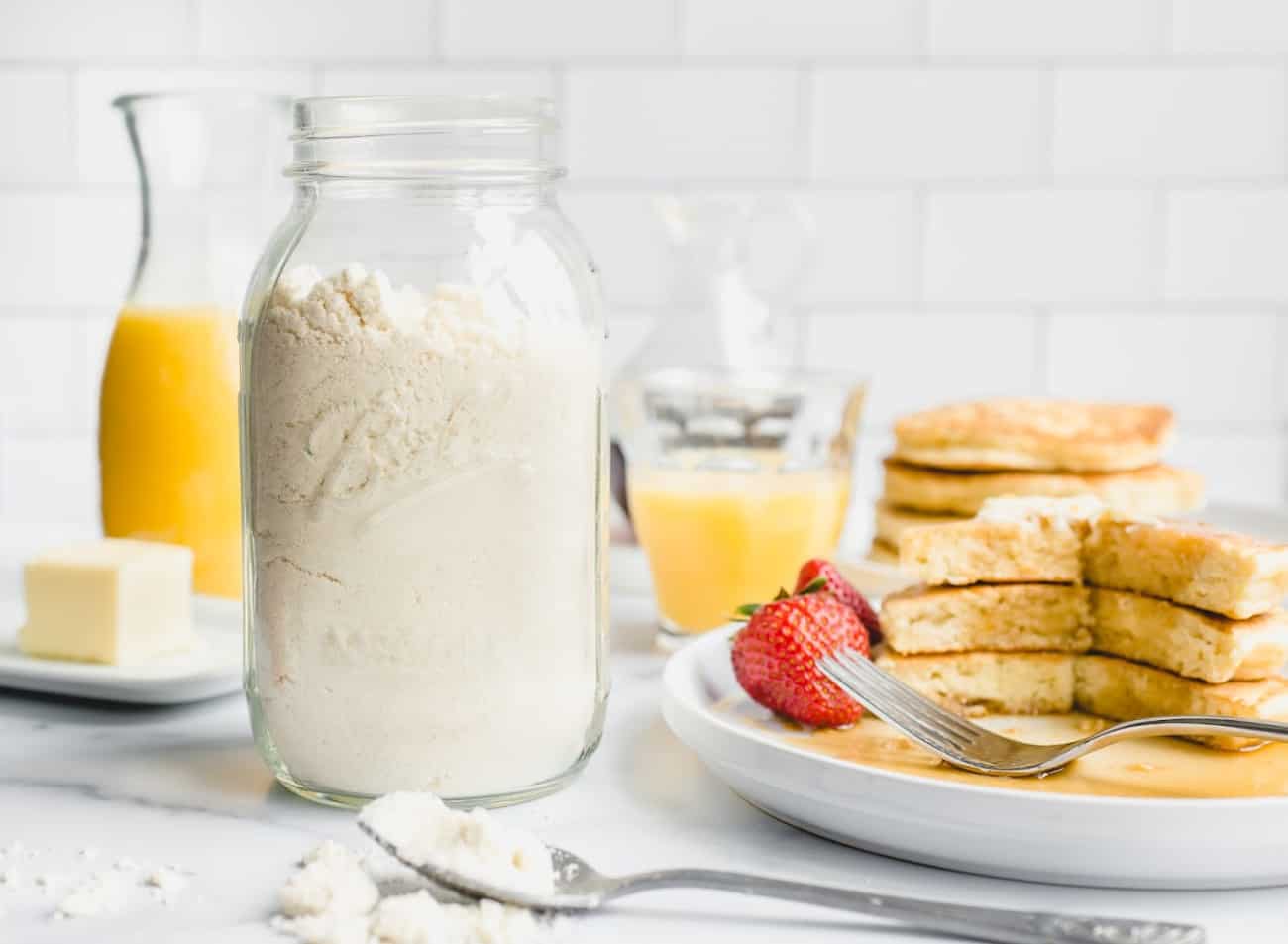

0 thoughts on “How To Store Almonds Long Term”